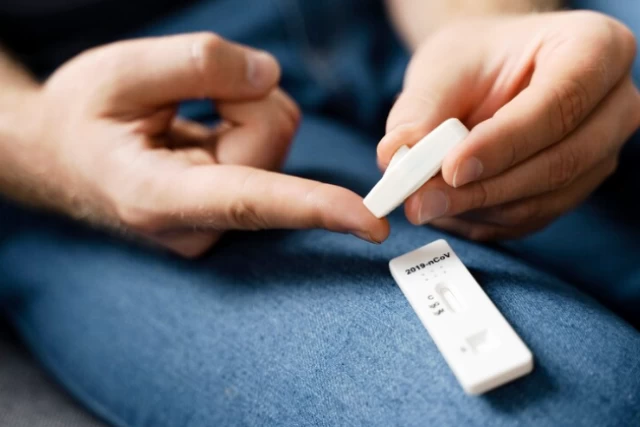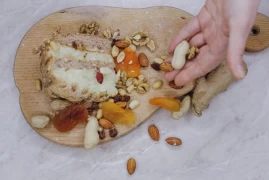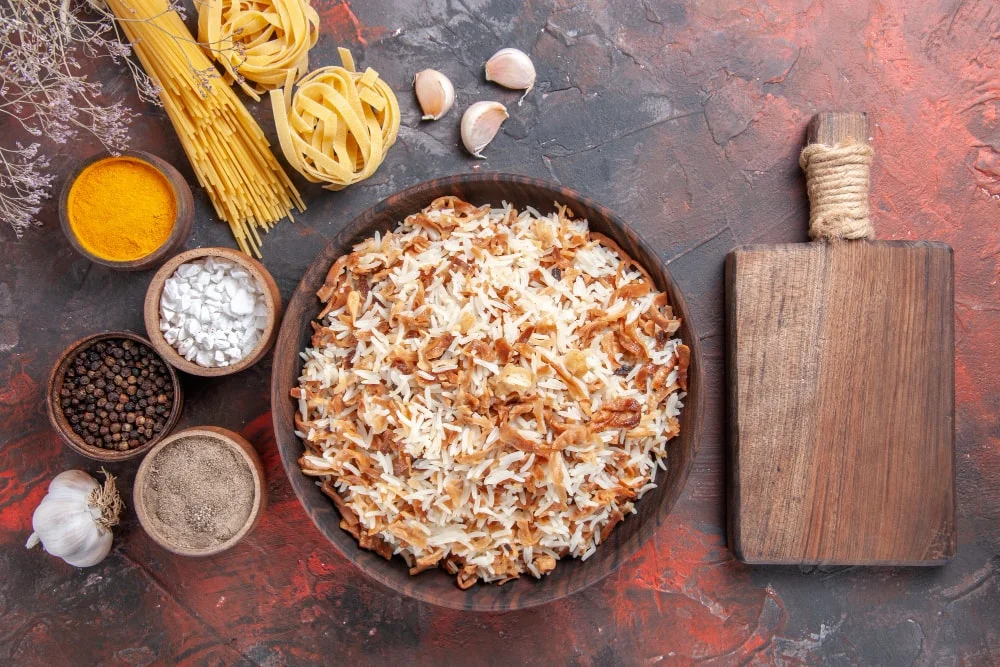
Our Era's Pandemic: Insulin Resistance
- Our Era's Pandemic: Insulin Resistance
- So, How Does Insulin Resistance Occur?
- Obesity - Insulin Resistance Relationship
- Symptoms of Insulin Resistance
- How to Break Insulin Resistance?
"Never in the history of humanity has there been such exposure to sugar!"
The perception of insulin resistance, a term we hear a lot nowadays, merely as an obstacle for those wanting to lose weight is proof of how lightly we take this degenerative process.
Insulin resistance is not just a condition hindering weight loss or simply associated with Type 2 diabetes; it is a major factor underlying many degenerative diseases.
Depression, Alzheimer's, dementia, panic attacks, stroke, polycystic ovary syndrome, fatty liver, cancer, among other diseases, all point to insulin resistance as a major factor.
Understanding insulin resistance requires a good understanding of how insulin hormone works.
Insulin is a hormone secreted by the pancreas that transports sugar in the blood to cells, thereby lowering blood sugar. It carries sugar to cells through receptors to which insulin binds.
So, How Does Insulin Resistance Occur?
When we consume high carbohydrates, meaning there is constantly high sugar in the blood, cells try to reduce sugar intake by decreasing the number of receptors or altering the function of receptors to avoid exposure to toxic sugar. Insulin resistance occurs when these receptors become insensitive to insulin.
As insulin cannot exert its effect, sugar cannot be transported into cells, leaving cells starved, and blood sugar begins to rise. To balance blood sugar, the pancreas starts to produce more insulin than usual, leading to a gradual increase in insulin levels. In reality, there is an abundance of insulin and sugar in the environment, but their intake into cells is disrupted.
Insulin is also an anabolic hormone; it causes excess sugar to be stored as fat in adipose tissue. Uncontrolled secretion of excess insulin from the pancreas to regulate blood sugar triggers the storage of excess sugar as fat, initiating fat deposition.
Obesity - Insulin Resistance Relationship
Insulin resistance is both the cause and consequence of obesity. There's a complete chicken-and-egg relationship between them. If there's insulin resistance, excess insulin in the blood triggers sugar to be stored as fat. In the case of obesity, excessive carbohydrate consumption leads to cells becoming insensitive to insulin, deepening insulin resistance.
To simplify the matter:
- Obesity or high carbohydrate intake leads to an increase in blood sugar,
- The pancreas secretes more insulin to transport excess sugar into cells,
- Cells become insensitive to insulin,
- Excess free sugar in the blood cannot be transported into cells,
- Cells starve, blood sugar rises,
- Hunger crises occur,
- The pancreas continues to secrete insulin uncontrollably to balance blood sugar,
- Excess insulin triggers the storage of excess sugar as fat,
- Even with reduced eating, fat deposition cannot be prevented, weight loss becomes difficult, and the risk of obesity and metabolic disease increases.
- Weakness after meals

Symptoms of Insulin Resistance
- Drowsiness
- Craving for excessive sweets
- Irritability
- Headaches
- Forgetfulness
- Brain fog
- Mild dryness in the mouth
- Abdominal fat accumulation
- Inability to lose weight
- Body swelling
- Darkening under the armpits, neck
- Excessive hair growth
- Skin tags
- Changes in menstruation, etc.
Insulin resistance can progress silently and eventually manifest as diabetes years later.
How to Break Insulin Resistance?
It is possible to overcome insulin resistance through radical lifestyle changes, primarily focusing on nutrition, with a holistic approach.
- Adopt a low-carbohydrate and low-glycemic index diet
- Practice intermittent fasting
- Reduce the number of meals
- Eat fiber-rich foods
- Eat a colorful diet, nourish your cells
- Heal your gut
- Exercise
- Regulate your sleep
- Manage your stress
- Reduce toxin exposure
- Use appropriate supplements under expert guidance
Since there's no one-size-fits-all solution, the process should be personalized for each individual.
To diagnose insulin resistance, blood values such as HbA1c, insulin resistance test (HOMA-IR), fasting insulin, glucose (2-hour postprandial), fasting glucose, etc., need to be evaluated.

Asena PERÇİN BAHADIR
Functional Medicine Dietitian
Food Engineer





